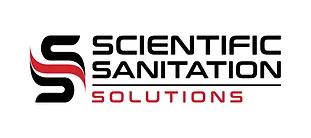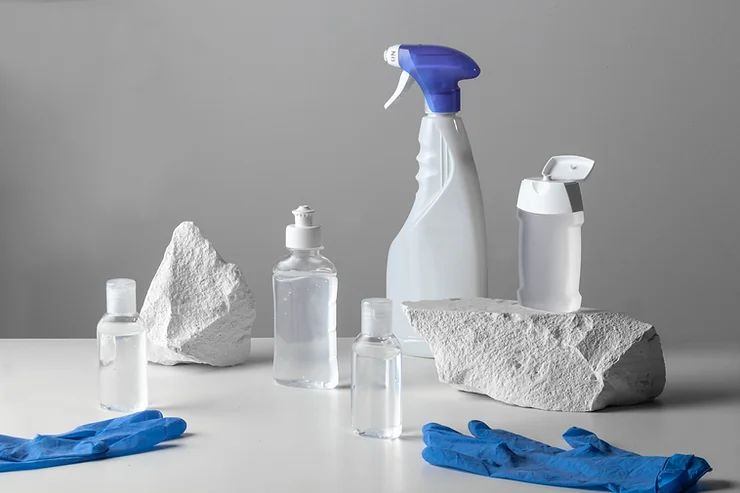Maintaining stringent hygiene standards in healthcare is vital for the safety of patients, healthcare workers, and visitors. For years, alcohol-based disinfectants and hand sanitisers have been the go-to solution, but the NHS has encountered several challenges with these conventional products. Enter Medical Grade SANI-99™ – a game-changing disinfectant solution that addresses these pain points and sets new standards in infection control. Let’s explore some of these challenges;
The Effects of Alcohol-Based Hand Gels on the Skin: Alcohol-based hand gels, while effective in killing germs, can take a toll on our hands with repeated use. The high alcohol content in these sanitisers strips the skin of its natural oils, leading to dryness, irritation, and even Dermatitis. Healthcare workers are particularly vulnerable, with an alarming 38% of absences reported due to cracked skin and Dermatitis caused by these gels. This highlights the need for a gentle and skin-friendly alternative like SANI-99™, which offers effective sanitisation without compromising skin health.
Fire Safety Concerns: Using alcohol-based hand sanitisers and disinfectants in healthcare settings can pose fire safety risks due to their flammable nature. These risks include ignition sources like electrical equipment, open flames in surgical rooms, and oxygen-rich environments. Improper storage, human error, and inadequate ventilation can also contribute to fire incidents, raising concerns about patient safety in vulnerable areas.
HPV Inefficiency and High Costs: The Hydrogen Peroxide Vapor (HPV) method has proven effective in hospitals and healthcare settings, especially against virulent pathogens. However, its time-consuming nature, taking around 4-6 hours per ward, can lead to patient care disruptions. Additionally, the associated high costs of the disinfectant, specialised equipment and resources for the HPV method pose huge financial challenges for healthcare facilities.
Alcohol Use Among Patients in Mental Health Wards: Mental health wards present a distinctive set of challenges when it comes to infection control, particularly concerning the use of alcohol-based hand gel. Patients in these wards may have underlying mental health conditions that can lead to impulsive behaviours or cognitive impairments, making them more susceptible to misusing or consuming alcohol-based products.
High Cost of Disinfection for Healthcare: The high cost of disinfection for healthcare facilities has become a pressing financial challenge in recent years. With the constant need to maintain stringent hygiene standards, healthcare providers must allocate a significant portion of their budget to purchasing disinfectants. The expenses associated with these products can range from £80 to £120 million annually, depending on the size and scale of the facility and the frequency of disinfection practices.
Choosing the right disinfectant is paramount for the safety and well-being of everyone involved in healthcare. Medical grade SANI-99™ not only tackles the challenges posed by alcohol-based hand gels but also sets new benchmarks in infection control practices.
Its gentle formula ensures effective sanitisation without compromising the health of healthcare workers’ hands. Unlike alcohol-based solutions, SANI-99™ boasts non-flammability, mitigating the fire safety concerns that have been troubling healthcare environments.
Moreover, SANI-99™ offers an extended residual action, maintaining its effectiveness for an extended period after application. This attribute contributes to its efficiency, ensuring comprehensive protection against harmful pathogens over time.
In a rapidly changing healthcare landscape, SANI-99™ stands at the forefront of revolutionising infection control. Its forward-thinking design and proven effectiveness make it an indispensable tool for promoting a safer and healthier healthcare environment.



